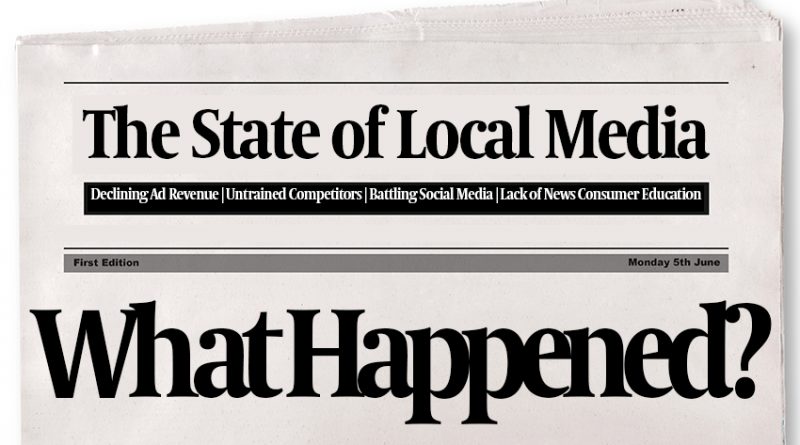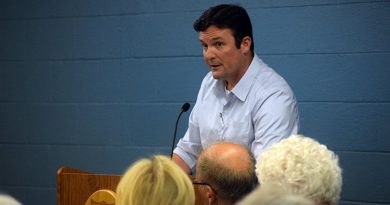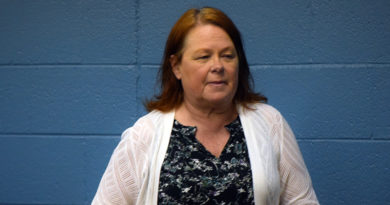Editorial: Families, schools, should educate themselves, kids, during National News Literacy Week
National News Literacy Week is Jan. 22-26
By Brandi Makuski
A recent study found that 61 percent of TikTok users ages 13-24 said they would give up their right to vote for one year rather than lose access to TikTok for one year.
The study was conducted by the Reboot Foundation, a Paris-based nonprofit seeking to “elevate critical thinking.” Reboot did the study in partnership with YouGov, a research group in the United Kingdom that “has a strong history of accurately predicting actual outcomes,” according to Reuters.
While it’s just a slice of demographics, consider the Pew study showing that 48 percent of surveyed U.S. adults either incorrectly think that Facebook does “original news reporting,” or aren’t sure.
The results of neither study are very promising, but they do underscore the need for consistent news literacy education in our homes and schools. Once you look at the behaviors and comments posted to social media, and some of the public comments during local government meetings, it’s clear there’s a growing problem in recognizing what’s factual and what’s not.
So, what is “news literacy?” To put it simply, news literacy is the ability to determine what is credible, and more importantly, what is in context, and what is not.
It’s a necessary component in any democratic society: well-informed citizens are more knowledgeable and have greater analytical thinking skills. They have an increased vocabulary, are regularly exposed to differing viewpoints, and are more likely to become involved in their communities. Generally speaking, news consumers live longer and are more financially stable.
As part of this year’s campaign, we’re publishing news all week without a paywall to underline the importance of being well-informed. We’ve also asked some local public figures to offer their thoughts on the topic.
We will also provide educators, students, and the public with easy-to-adopt tools and tips for becoming more news literate. Simple lessons will be offered in the NLP’s Checkology.com virtual classroom.
We can only hope local teachers, school boards, and parents take note.
We are hopeful that other news outlets in Portage Co. also participate. The only way any community can thrive is with consistent and strong voices in multiple local media outlets — and for the public to engage with them. It’s something the readers should expect, and quite frankly, demand.
Want to become involved in the local news scene? We’re looking for news reporters who believe in the power of community news. Contact [email protected] for details.





